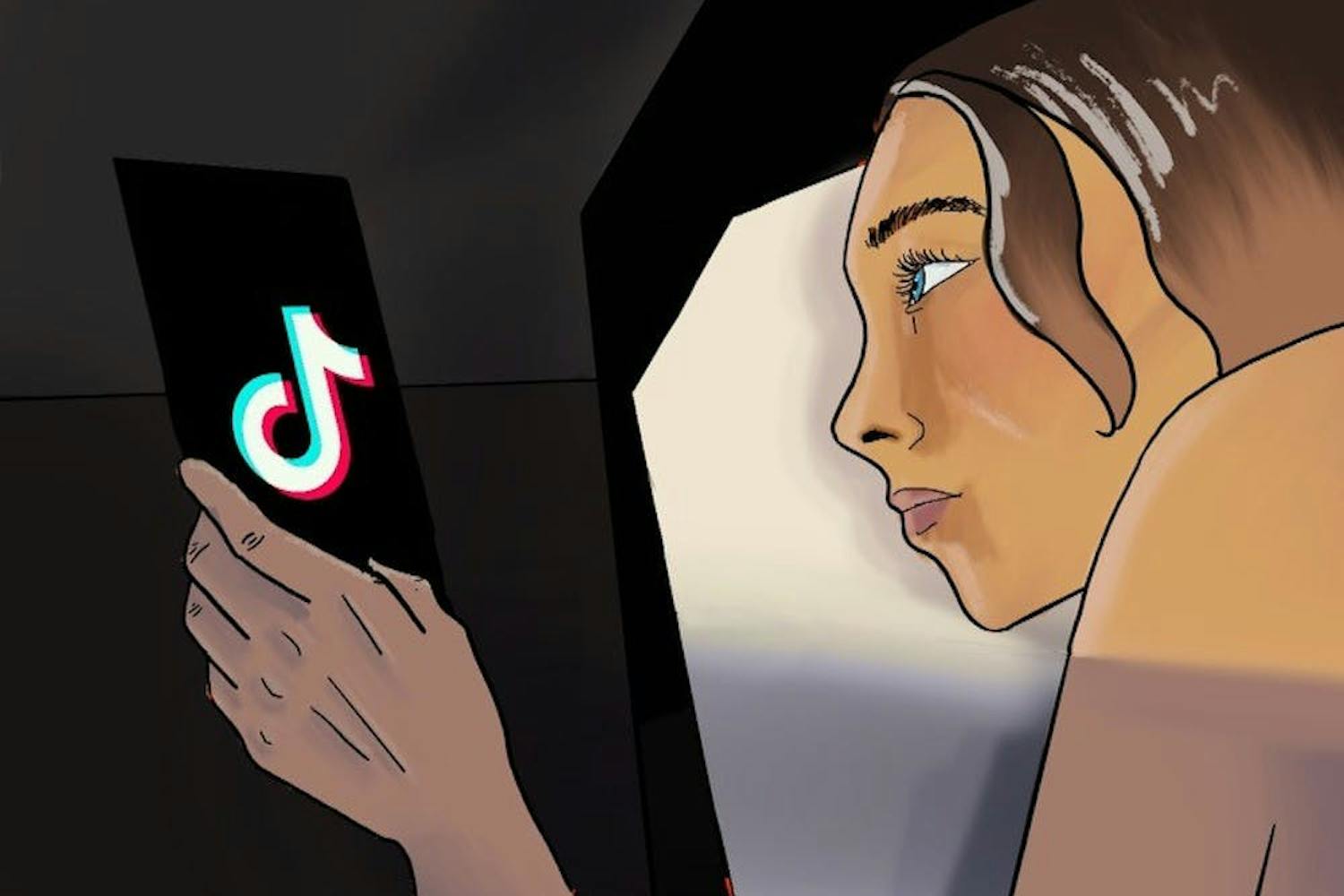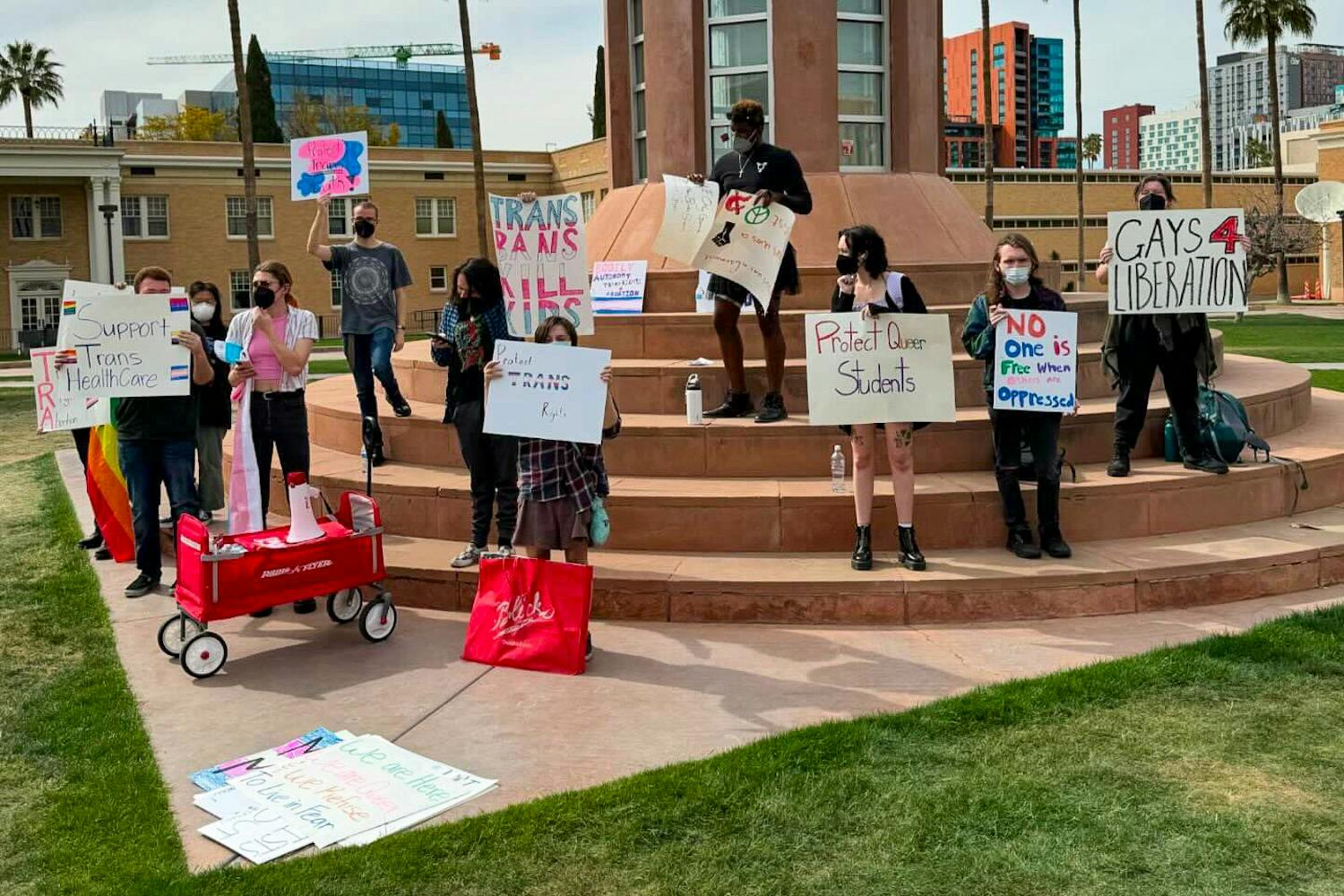Despite departing from America only a week ago, a group of ASU students taking a five-week excursion to Kenya and Malawi to combat hearing loss has already made a mark.
Ingrid McBride, the founder of Hearing for Humanity, helped put together the fourth trip to the impoverished areas. The help is not limited to the two counties the participants will travel to — people in need can travel from all over.
Eight children arrived from Zimbabwe during the first week. This included two girls, 6 and 8,who had congenital bilateral atresia, which McBride said in an email was a lack of outer ears. The girls were fitted with bone-anchored hearing aids.
“Once fitted, these two little girls couldn’t stop chatting with themselves and others,” McBride said. “The 6-year-old even asked her teacher if she could wear the aid to sleep so she could hear her dreams.”
Those are two of the 500 people Hearing for Humanity has helped in the three days in Africa.
“The need here is so great it is almost impossible to fathom unless you can experience it yourself,” McBride said.
ASU clinical associate professor Amy Ariss has experienced this. She went on the 2012 trip.
“It was a really good experience,” she said.
She said there is only one ear doctor in Malawi, so the group provides a lot of hands-on and didactic lecture training. The trainees then travel with Hearing for Humanity.
The groups do diagnostic testing through tests such as hearing and middle ear functions. The people in need are then fixed with hearing aids if possible.
Aid is needed.
Ariss said hearing loss can come through side effects of medication.
“If they can get to a doctor, a lot of the medications that they have direct access to will treat the infection, but they can cause the side effect of hearing loss,” she said. “Some of the medications used to treat things like malaria (will cause) hearing loss.”
Hearing loss is also a factor of untreated infection.
“There are a lot of untreated infections that just can spread,” she said. “(It) starts out as like a middle ear, just some fluid in the ear, then it ends up spreading all the way to the inner part of the ear and causing damage.”
If the medication comes down to saving a life or possible hearing loss, citizens tend to take the risk.
Tracey Schnick, manager of business services clinic in the Speech and Hearing Science department at ASU, said Hearing for Humanity has taken the trip in 2010, 2012, 2013 and 2014. It has expanded each time.
“The number of students we take has gotten bigger and bigger every year,” she said.
Ariss said maybe three or four students were on her trip in 2012. It has expanded to 15 participants from ASU with two audiologists and 16 audiology students from the African Bible College.
“It’s grown quite a bit, in terms of student involvement,” Ariss said.
The group gives aid to the people in need, but Ariss said they don’t give pity.
“There’s not a lot of pity, because they don’t want the pity," she said. "They just need some extra help."
She said the place is different as a third-world country, but the people are typically happy.
“We’re seeing people that are enjoying life,” she said.
With the help of Hearing for Humanity, more people can enjoy the sounds of life as well.
Reach the reporter at logan.newman@asu.edu or follow him on Twitter @Logan_Newsman



